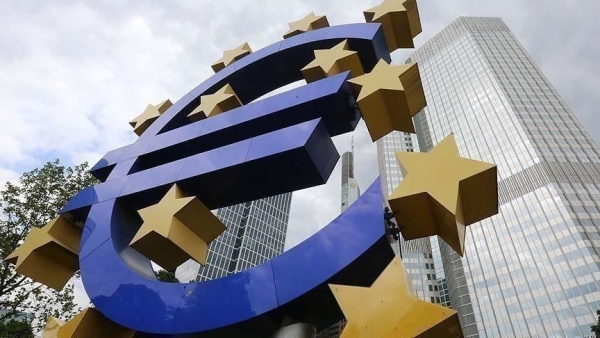The European Union warned that the eurozone could slide into recession this winter as Brussels raised its inflation forecasts for 2022 and 2023 amid high energy prices, France-Presse (AFP) reported Nov. 11.
Europe is increasingly facing the risk of economic turmoil caused by the armed conflict in Ukraine, which has pushed up energy prices and hit consumers’ wallets across the continent, the French news agency said.
The EU executive body, represented by the European Commission, said that increased uncertainty and rising prices are expected to lead to a recession in the eurozone in the last quarter of this year.
“The decline in economic activity will continue in the first quarter of 2023. (Economic) growth is expected to return to Europe in spring (next year),” the European Commission said in a statement. – As strong headwinds are still restraining demand, economic activity will decline and GDP growth (in the eurozone) will reach 0.3 percent in 2023.
Brussels predicted that the EU’s largest economy, Germany, would be the hardest hit of all the bloc’s member states, contracting by 0.6 percent next year.
Overall eurozone GDP growth for 2022 is estimated at 3.2 percent after the first relatively strong months of the year.
European Commissioner for the Economy Paolo Gentiloni said that “the impact of soaring energy prices and rampant inflation is now taking its toll.
” The months ahead are difficult,” he warned, pointing out that “the potential for further economic turmoil due to the war with Russia is far from exhausted.”
The gloomy forecast came after the European Commission sharply raised its inflation forecasts for this year and next. Current estimates put eurozone inflation at 8.5 percent in 2022, a percentage point higher than previously forecast, and 6.1 percent in 2023, more than two points higher than previously expected.
“Inflation continues to rise faster than expected, but we believe the peak is near. Most likely at the end of this year,” Gentiloni said. – The decline in inflation is expected to be very slow because inflation is still going to be quite high next year.”
However, he warned that inflation could rise by two percentage points in 2023 if the EU “fails to properly prepare” in advance for next winter by replenishing its gas reserves.
The baseline forecast puts inflation at 2.6 percent in 2024, still above the European Central Bank’s (ECB) target of two percent.
In October, the ECB predicted an impending recession, announcing another sharp increase in its key interest rate in an attempt to curb inflation caused by the aftermath of Russia’s conflict with Ukraine, AFP recalled.
278 total views, 2 views today



